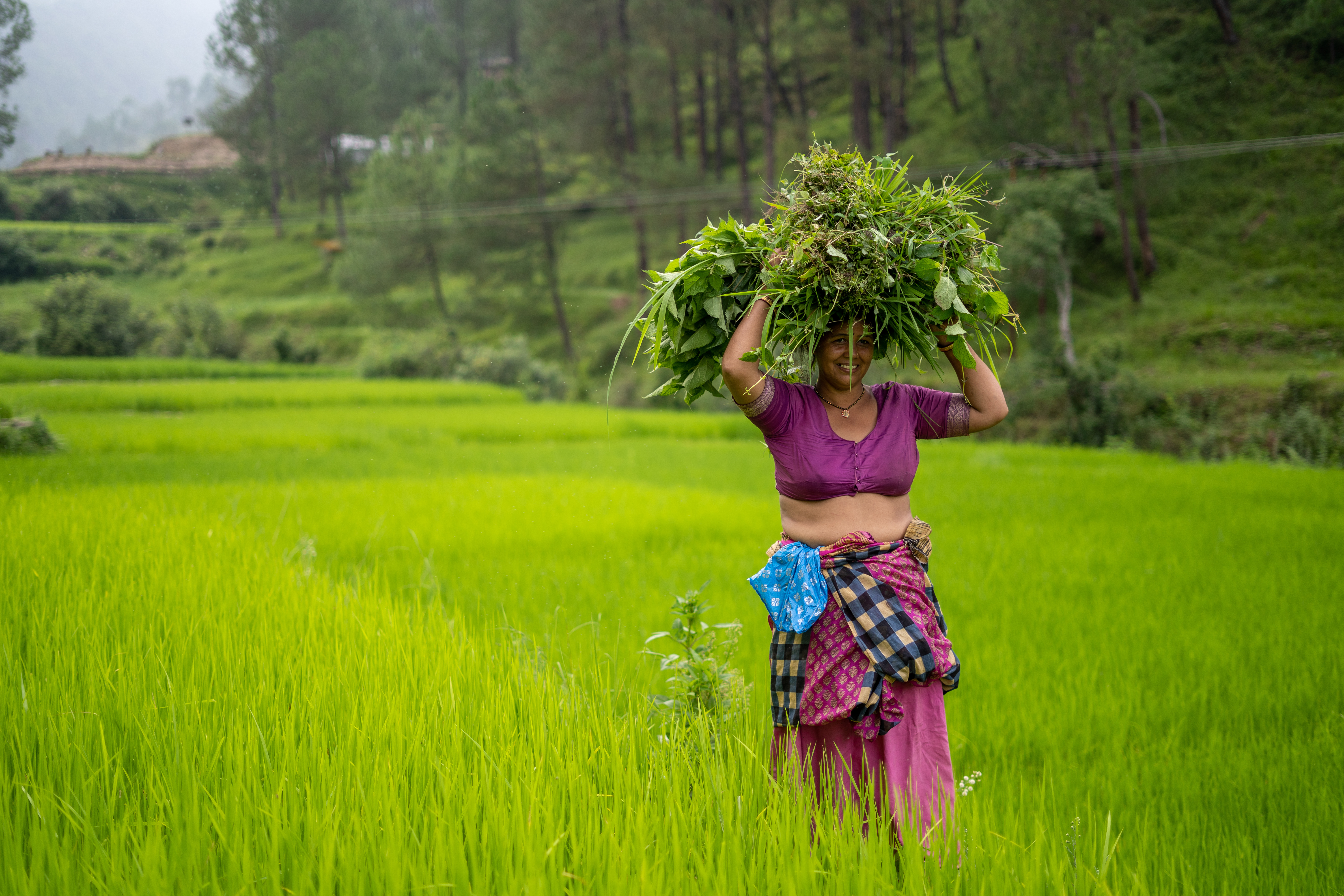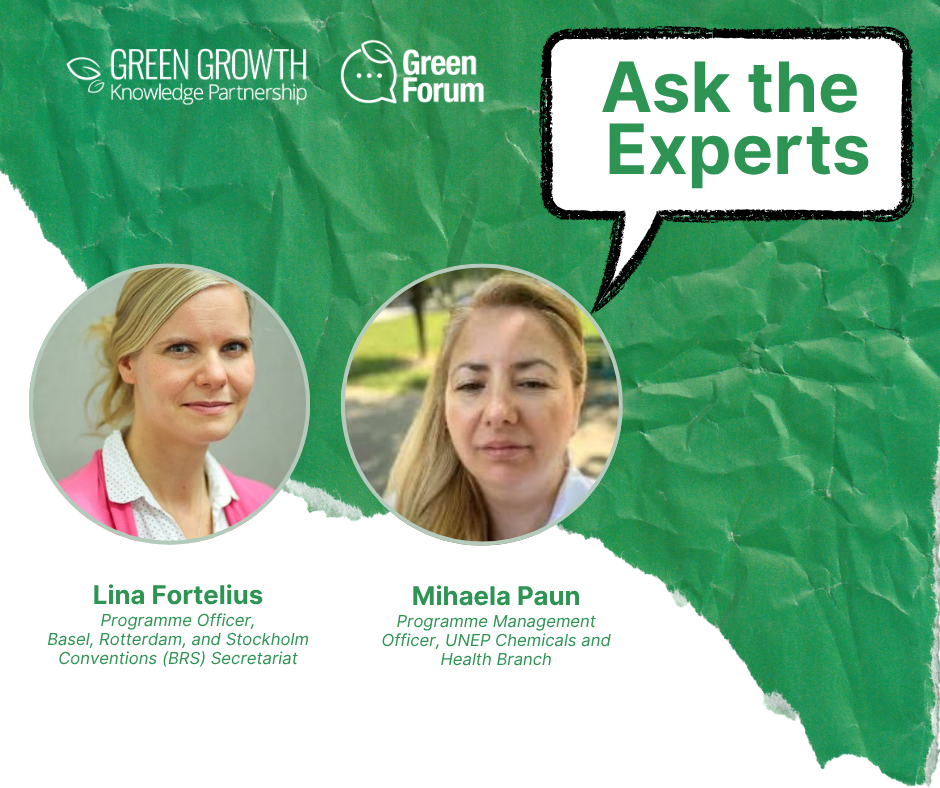
Small and medium enterprises (SMEs) play a crucial role in agri-food systems, contributing to sustainability, biodiversity conservation, and local economies. In this Q&A, we speak with Amélia Delgado, European Climate Pact Ambassador (Food Systems), to explore how SMEs can drive positive change and the challenges they face in a rapidly evolving market. This discussion is relevant with the discussions held during the Conference of the Parties of the United Nations Climate Change Conference (COP29) in Baku, where food system transformation and climate resilience were key topics.
Q: Why are SMEs vital in transforming agri-food systems?
SMEs are the backbone of local food systems. They are often family-run businesses that pass down traditional knowledge from generation to generation. The owners of these agri-food businesses prioritise sustainability and resilience because their livelihoods depend on the health of their soil, and other natural resources. Unlike large corporations focused on ingredients’ extraction from crops for the mass production of ultra-processed foods—harmful to both people and the planet—SMEs are deeply rooted in their communities and act as stewards of biodiversity.
Additionally, SMEs have an inherent commitment to sustainability, in all its dimensions, economic, social, and environmental. They generally use traditional processing methods that maintain nutritional value and avoid wasteful industrial processes. For example, some SMEs produce organic wheat flour by dry grinding methods. They use minimal energy and water, while preserving the grain’s natural nutrients and flavours, thus delivering high nutritional quality flours with reduced environmental impact. Celnat is an example of an ethical SME operating in this sector. Yet, most commonly found bakery products are produced from flours obtained by wet-grinding. These methods strip away essential vitamins, minerals, and more, from the grain into wastewaters and solid waste, while consuming lots of energy and water. The result are poor nutritional quality foods with high environmental impact.
Q: What challenges do SMEs face in maintaining sustainability and profitability?
One of the biggest challenges SMEs face is competition with large corporations that prioritise efficiency and cost-cutting over sustainability. Industrial agriculture often relies on a few crop varieties and ingredient fractionation to feed the ultra-processed foods’ industry. Their global success is underpinned in low prices, convenience, and powerful marketing campaigns. SMEs struggle to compete in markets where price is the primary factor driving consumer decisions.
Another challenge is the typical long size of food value chains with the dominance of middlemen, which prevents farmers from receiving fair prices for their goods. In many cases, small-scale producers are unaware of the actual market value of their products, leading to exploitation. Additionally, large companies lobby for regulations that benefit them, making it even harder for SMEs to thrive.
Q: Can SMEs scale up their impact, or is their influence limited to local communities?
Some innovations can be scaled, but many SMEs operate within specific ecological and cultural contexts that cannot be expanded. For example, Boa Fruta LDA, an SME producing a unique variety of organic pineapple in Portugal relies on its specific local climate and soil conditions to obtain the Protected Designation of Origin (PDO) label. These types of businesses cannot be easily replicated elsewhere.
However, SMEs can scale their impact in other ways. Reducing food loss, connecting directly with consumers, and shortening value chains can help them remain competitive. By removing intermediaries and increasing consumer awareness about sustainable food choices, SMEs can strengthen their market presence.
Q: What role do policies and financial support play in strengthening SMEs?
SMEs need better financial and policy support to remain competitive. Access to green finance, fair trade initiatives, and government incentives can help level the playing field. Additionally, SMEs benefit from knowledge-sharing and technical assistance. For instance, providing SMEs with lifecycle assessment tools and sustainability certifications for free can boost their credibility and market access.
Programmes like those of the European Innovation Council help fund breakthrough innovations, allowing SMEs to explore new food production techniques and to expand the circular economy. However, more targeted support is needed for traditional family-run businesses that preserve biodiversity and cultural heritage, relying more on stepwise rather than on disruptive innovation.
Q: Should SMEs collaborate with large corporations, or does this pose risks?
Collaboration with large corporations can be a double-edged sword. While some partnerships provide financial stability and market access, they also risk diluting SMEs’ core values. Large corporations often dictate terms that prioritise profitability over sustainability. In some cases, SMEs become dependent on these partnerships and lose their independence.
That said, certain programmes—such as fair trade initiatives and ethical supply chain collaborations—can provide benefits if properly regulated. SMEs should be cautious and ensure that their values align with any corporate partners they work with.
Q: What can consumers do to support SMEs and sustainable agri-food systems?
Consumer awareness is key. Choosing local, organic, and minimally processed foods helps sustain SMEs. Supporting businesses with ethical and sustainability certifications also makes a difference. Additionally, consumers should be mindful of marketing tactics used by big corporations to greenwash products.
Reducing food waste is another major factor. Many foods are discarded simply due to imperfections, even though they are perfectly edible. Emphasising seasonal and local food consumption can also help create a more resilient and sustainable food system.
In conclusion, SMEs play an essential role in protecting biodiversity, promoting sustainable agriculture and food processing, and preserving traditional food systems, contributing to the SDGs 2 (Zero Hunger),3 (Good Health and Well-Being),12 (Responsible Consumption and Production),13 (Climate Action), and 15 (Life on Land). While they face significant challenges, there are opportunities for growth through direct consumer engagement, financial support, and policy interventions. By making conscious food choices and supporting small producers, we can contribute to a healthier and more sustainable, resilient agri-food system for all.
We invite you to join our Community of Practice to collaborate, share insights, and explore innovative solutions that empower SMEs in transforming agri-food systems.
 | Amélia is a PhD expert in food science and biotechnological innovation working at the intersection of entrepreneurship and academia. She is co-author of many scientific publications, 75% of which in the top 25% most cited documents worldwide, and she is frequently invited as academic editor, speaker, and expert evaluator. Amélia serves as a European Climate Pact Ambassador, on a pro-bono basis, advocating for sustainable food systems and policy-driven climate action. She also mentors women entrepreneurs in developing innovative business solutions for the circular economy. |



